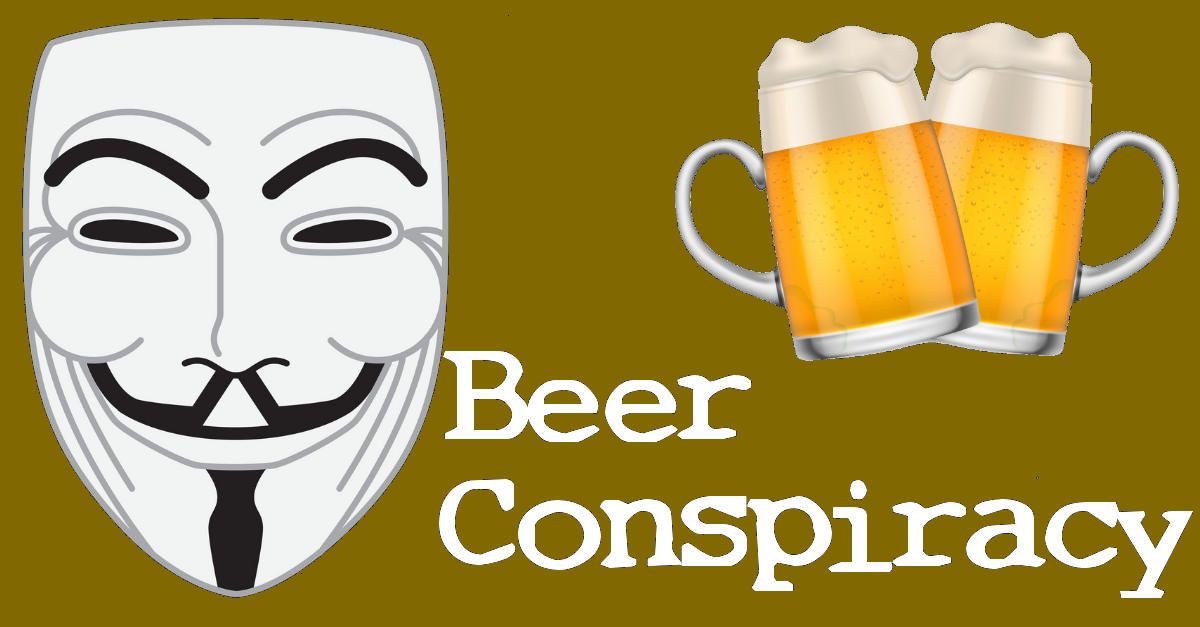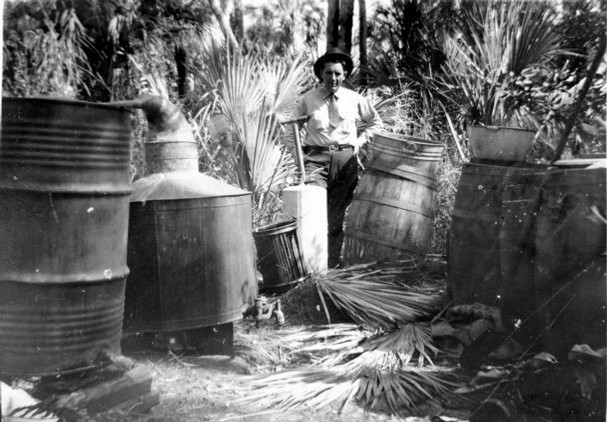
“It would have been easier licensing an opium den.”
That’s the opinion of a brewpub owner in Maine who fought the State to get his establishment licensed.
All over the country, small business owners, keen to capitalize on a growing trend have been battling State and local governments just to license their businesses. Antiquated laws requiring distilleries to sell only to approved distributors, who fork over a chunk of taxes to the state and mark up the product (like any good middleman would). Then the bar, restaurant, or liquor store is required to buy alcohol only from those same distributors. That works fine for the huge breweries and distilleries that sell products all over the world, but it becomes an exercise in stupidity for the local brewpub or micro-distillery that just wants to brew up a small batch and then sell it over the bar to customers. These laws were put in place to fight against organized crime in the post-prohibition days when rum-running was popular with the criminal underworld. They would illegally transport liquor across state lines and sell it to retail establishments for cheap and without paying taxes. It was also a deterrent to moonshiners whose illegal products were also sometimes dangerous, even potentially deadly.
So now every small business owner who wants to open a micro-distillery has to deal with the bureaucratic nonsense until they can get the laws changed. How ridiculous is that?

